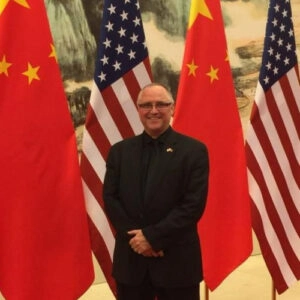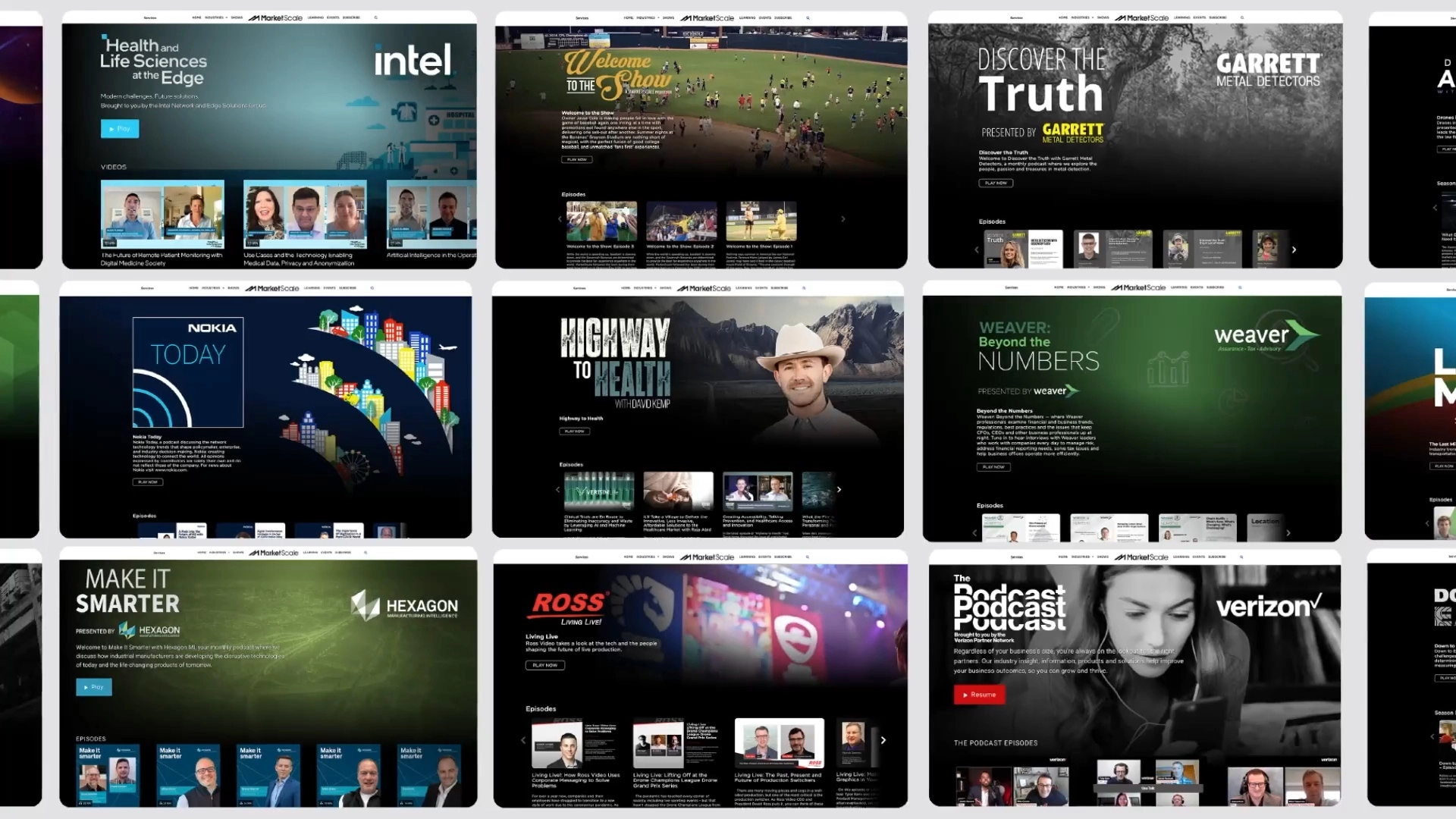Recent Posts
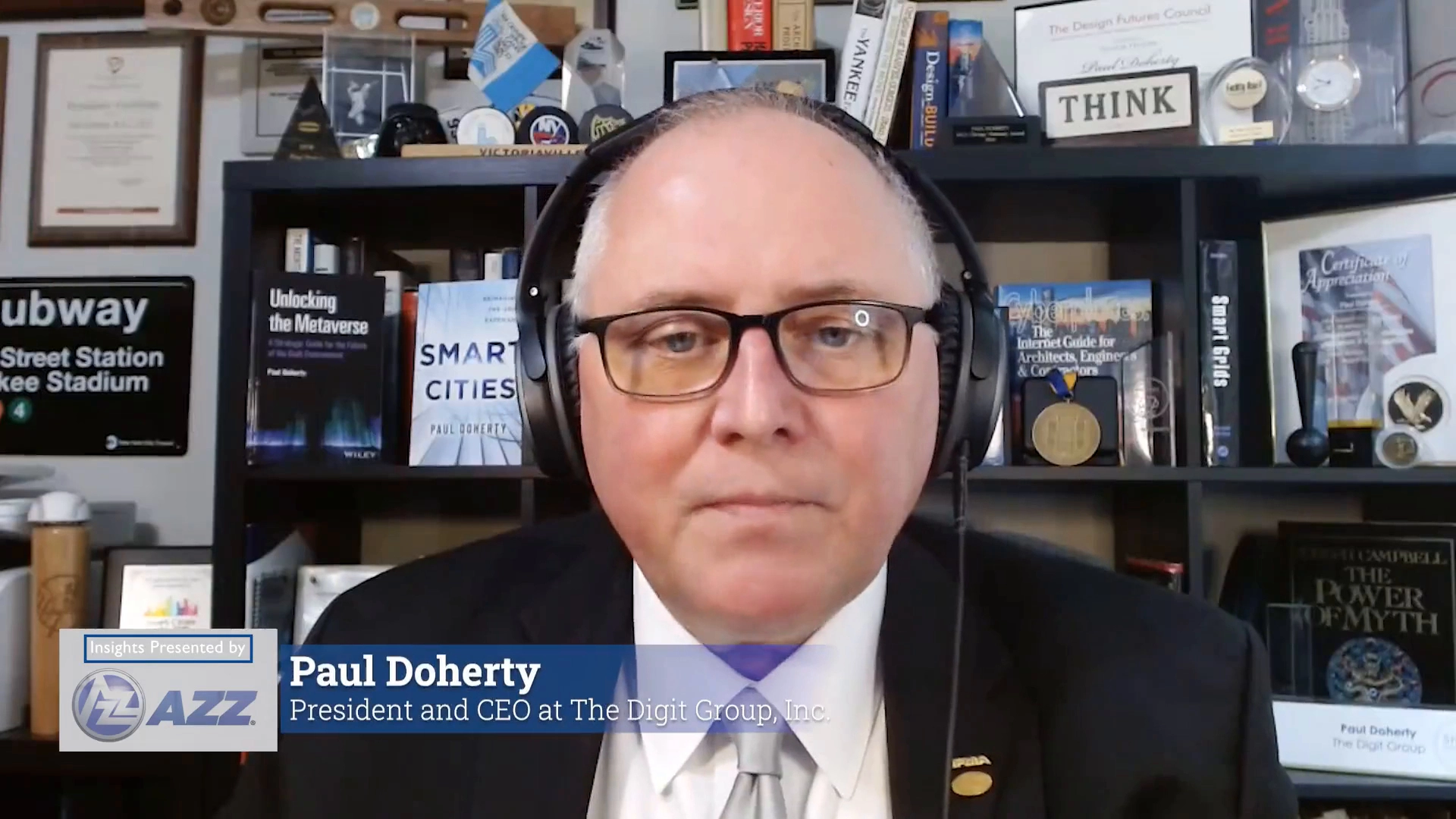
Galvanized Steel Leads the Way in Sustainable Building Practices From Cost Savings to Environmental Benefits
Paul Doherty - April 23, 2024As the construction industry navigates the complexities of sustainability and economic pressures, the role of galvanized steel has become increasingly pertinent in sustainable architecture. This material, celebrated for its durability and low environmental impact, is gaining attention amid global steel market fluctuations and rising demands for sustainable building practices.
Read more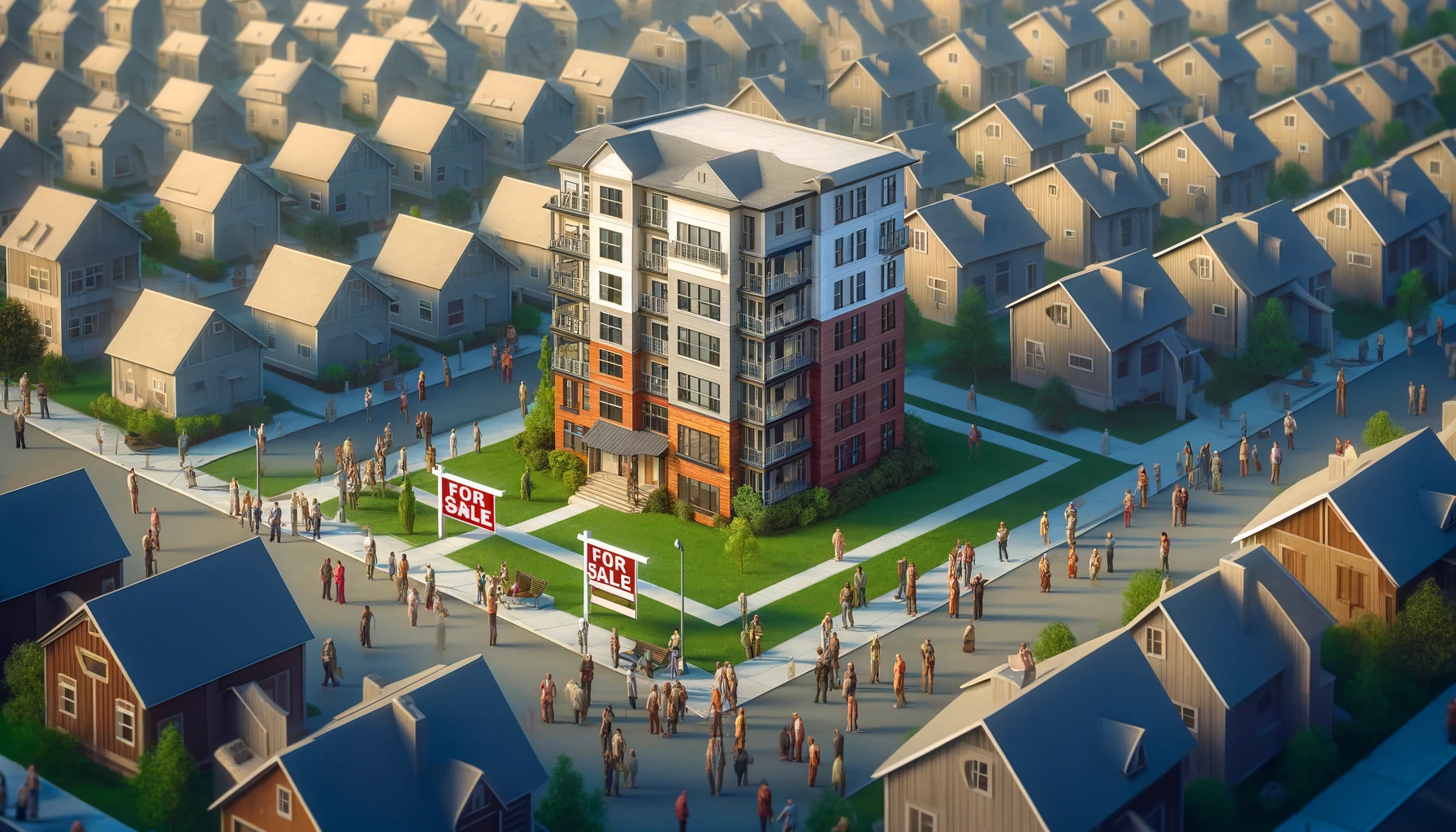
Multifamily Housing is the Sustainable Solution for Rapid Population Growth in Nashville
Paul Doherty - April 17, 2024As Nashville grapples with an explosive growth in population and a consequent strain on its housing market, the city is witnessing a shift from traditional single-family homes to more space-efficient multifamily units. This transition reflects a broader trend seen across various neighborhoods, with places like Germantown experiencing a significant 37.
Read more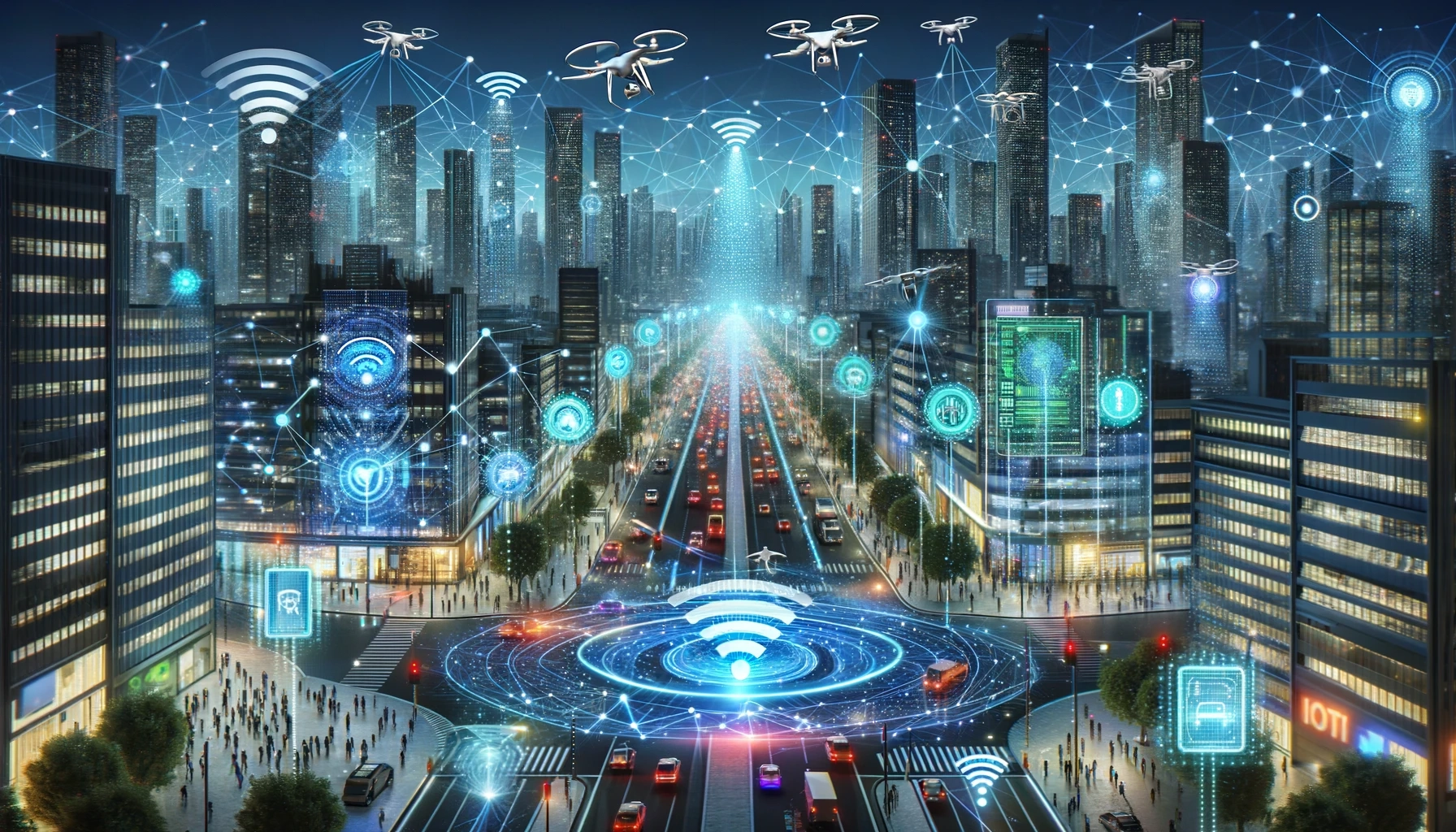
Spatial Computing and Wi-Fi Sensing Signal Major Advancements in Connected Living by 2030
Paul Doherty - January 22, 2024Spatial computing, Wi-FI, and other technology advancements are bringing the promise of connected living to new and exciting possibilities.Smart cities are becoming a reality in urban development, driven by technologies like 5G, AI, IoT, and blockchain.
Read more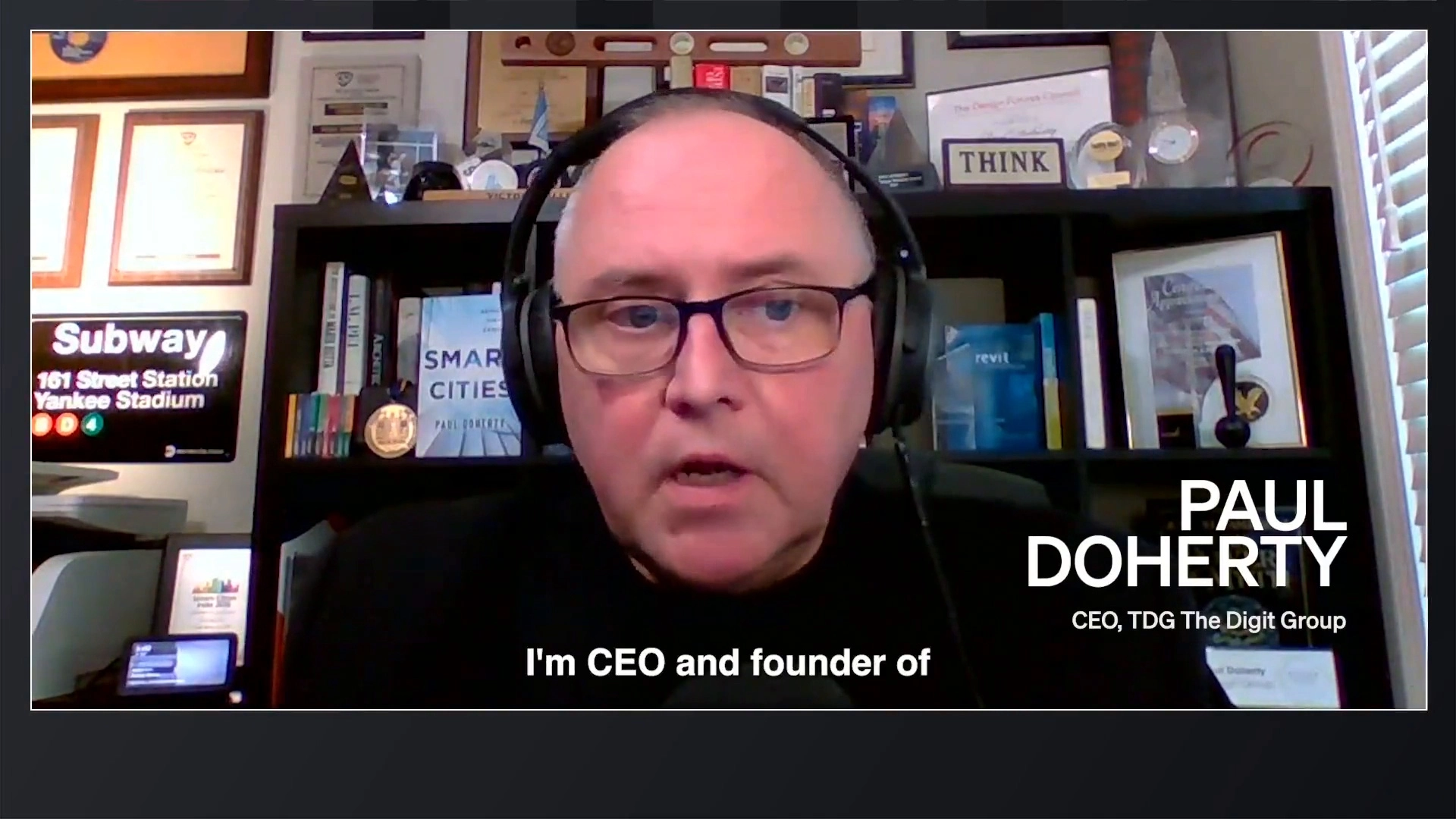
Revolutionizing Workspaces Through Smart and Sustainable Solutions
Paul Doherty - January 19, 2024As businesses globally reassess their office environments in the wake of recent challenges, Paul Doherty, CEO of The Digit Group (TDG), offers a forward-thinking perspective on revolutionizing workspaces through creating smart and sustainable approaches and solutions. This timely discussion is particularly relevant as organizations seek to adapt their work environments to new realities and expectations.
Read more
Communication Solutions on Job Sites Need Unity & Consistency. Does Radio Fit the Bill?
Paul Doherty - October 31, 2023The construction industry has long grappled with communication challenges on job sites, where a lack of consistent connectivity can hinder operational efficiency and safety. The advent of radio wave technology promises a potential solution, paving the way for streamlined communication and improved site management.
Read more
From 40 Hours to 40 Seconds? Generative AI in Architecture Will Disrupt How Architects Bill Their Hours.
Paul Doherty - May 9, 2023The advent of AI is revolutionizing industries across the board, and the realm of design, architecture, and engineering is no exception. In the age of AI, the future of these industries may well be marked by major shifts that occur sooner than we might anticipate.
Read more
